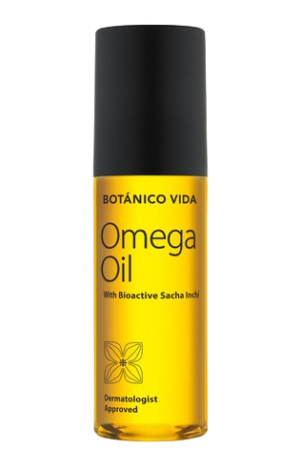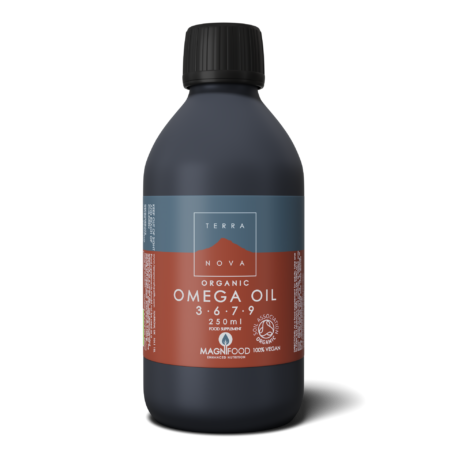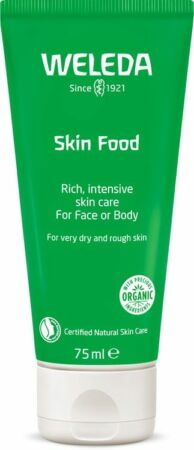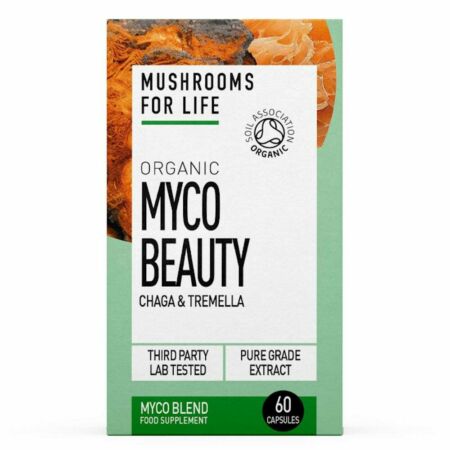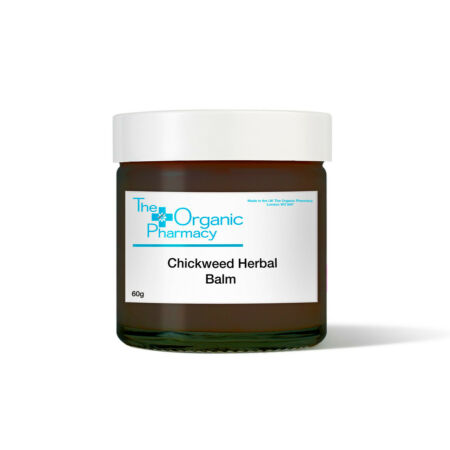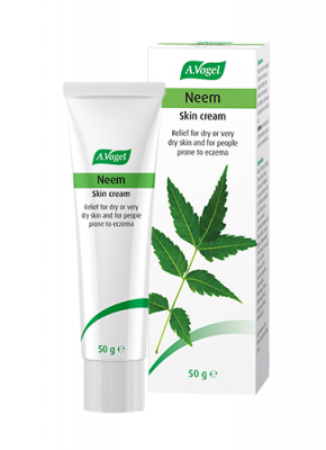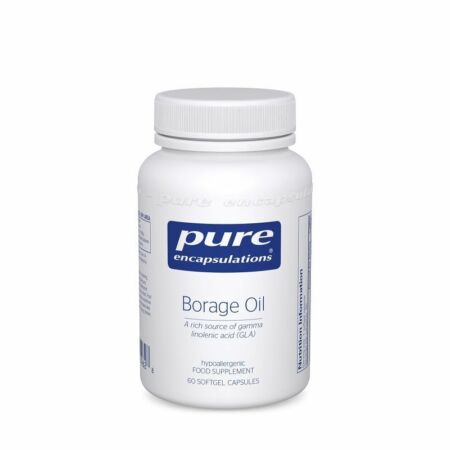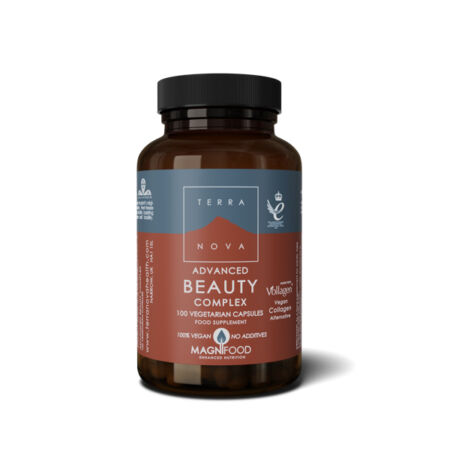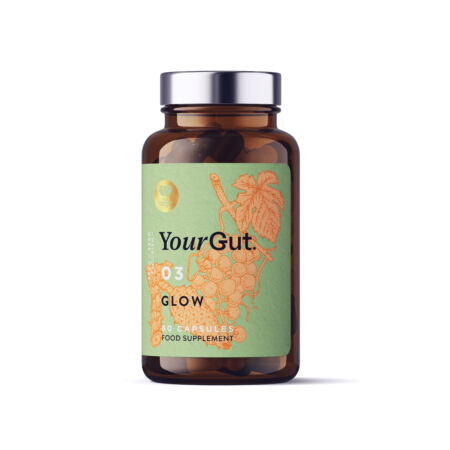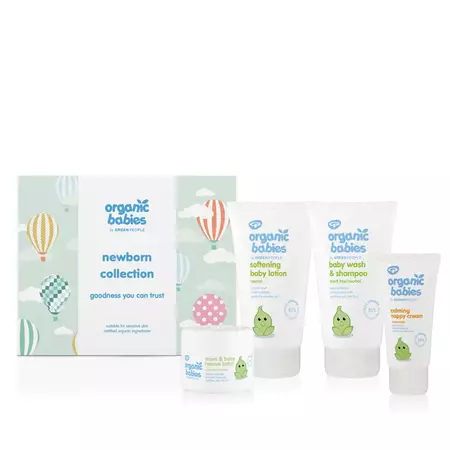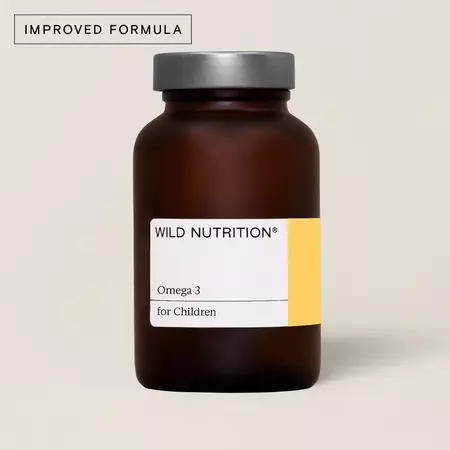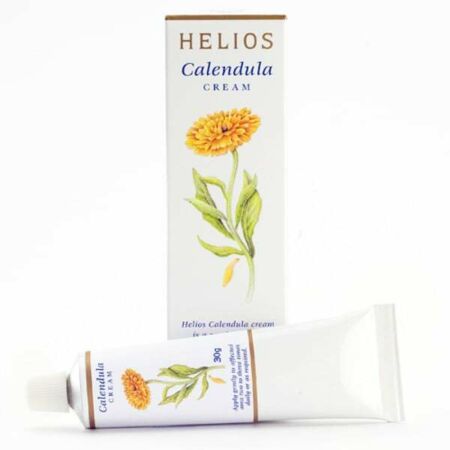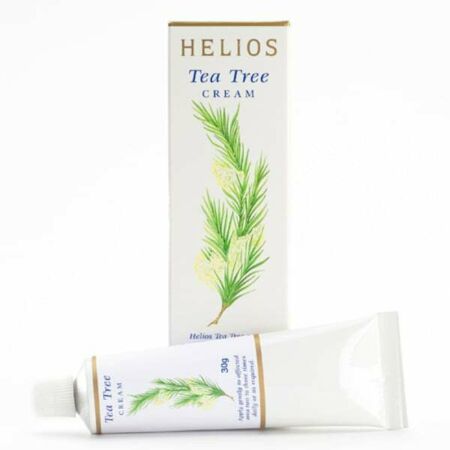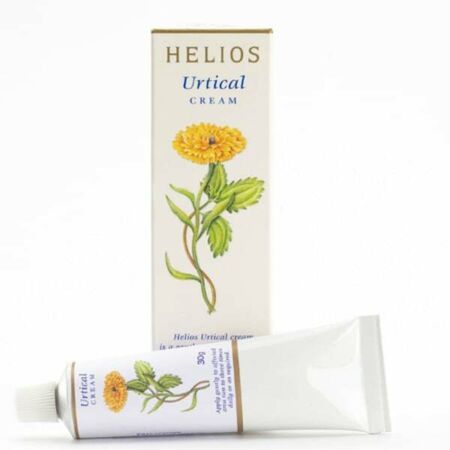In this article, we provide advice on managing dermatitis. We look at certain foods in triggering or reducing inflammation, lifestyle changes that can improve skin health and reduce stress, and supplements that may help
What is dermatitis?
Dermatitis is a general term used to describe inflammation of the skin. It can be caused by a variety of factors, including allergic reactions, irritants, genetics, and autoimmune disorders. There are several types of dermatitis, including atopic dermatitis (also known as eczema), contact dermatitis, seborrheic dermatitis, and nummular dermatitis. Symptoms of dermatitis usually include redness, itching, dryness, and scaliness of the skin[i][ii].
What can be done about dermatitis?
Avoid triggers: If you can identify the triggers that cause your dermatitis, avoiding them can help prevent flare-ups. Common triggers include certain foods, skin care products, and environmental allergens. Avoid washing in hot water as it can aggravate and dry the skin. Use simple skincare products without fragrance, preferably organic where possible (see our recommended products below).
Moisturise: Keeping the skin moisturised can help prevent dryness and itching, which can worsen dermatitis. Use a gentle, fragrance-free moisturiser and apply it regularly. Some people with dermatitis may be sensitive to paraffin-based moisturisers and products and may experience irritation or worsening of their symptoms when using products that contain it.
Light therapy: Light therapy, also known as phototherapy, involves exposing the skin to controlled amounts of natural or artificial light. It can be helpful for treating certain types of dermatitis, such as eczema[iii].
Nutritional therapy: Certain nutrients may be helpful for dermatitis, read on to find out more[iv].
The Importance of Nutritional Therapy For Dermatitis
Nutritional therapy can play a role in managing dermatitis, as certain nutrients can help support skin health and reduce inflammation. Some nutritional therapy strategies may be helpful for managing dermatitis. However, the best advice can be gained from a nutritional therapy consultation, whereby a holistic approach will be taken to address the root cause of symptoms for your unique physiology.
Everyone has a unique physiology, which refers to the way their body functions and responds to various stimuli. This includes factors such as genetics, age, lifestyle habits, and environmental exposures. A nutritional therapist will map out your overall health status along with the likely causal factors and work together with you to make a plan tailored just for you.
Dietary and Supplement Advice For Dermatitis
The overall health of your gut is central to the health of your whole body. Similarly, in the case of dermatitis, the condition is not simply ‘skin deep.’ When our diet lacks fibre and contains too much sugar, it can lead to an overgrowth of harmful bacteria in our gut, leading to a condition called dysbiosis. These dysbiotic bacteria can produce toxins that harm the gut lining, increasing its permeability, which is referred to as "Leaky Gut Syndrome". As a result, toxins and food antigens can enter the body and cause inflammatory immune reactions.
Pinpoint dietary triggers:
If you suspect that certain foods may be exacerbating your dermatitis symptoms, keeping a food journal can be beneficial in identifying potential trigger foods. However, it's crucial to seek guidance from a qualified healthcare professional or a registered dietitian before making any significant dietary changes. Eliminating specific foods or food groups from your diet without professional advice may lead to nutritional deficiencies. A healthcare professional or registered dietitian can assist in developing a personalised nutrition plan that caters to your unique needs and helps manage your dermatitis symptoms effectively[v][vi].
Some of the most common food allergies associated with dermatitis include[vii]:
Eggs
Nuts and seeds
Wheat
Dairy products
Trial Elimination diet: If there are suspected food allergies and sensitivities a trial elimination diet removing these allergens can be considered to see if symptoms improve.
Probiotics: Probiotics, or beneficial bacteria found in the gut, can help regulate the immune system and reduce inflammation. Consuming probiotic-rich foods or taking probiotic supplements may be beneficial for managing dermatitis. Try Yourgut Restore or Yourgut Glow
Omega-3 fatty acids: Omega-3 fatty acids found in fatty fish, flaxseeds, and walnuts have anti-inflammatory properties and may help reduce the severity of dermatitis symptoms. Trials with omega-3 showed that supplementation during pregnancy and breastfeeding may reduce the risk of developing allergic reactions to egg, IgE associated eczema and food allergy. Researchers observed an 8% prevalence of eczema in the omega-3 group compared to 24% prevalence in the placebo group[viii]. The intake of omega-3 supplements was also seen to improve the scoring of symptoms in atopic dermatitis patients in another study[ix]. Vegan Omega 3 Liquid or Bare Biology Life & Soul Omega 3 Maxi Capsules or Terranova Omega 3 - 6 - 7 - 9 Oil Blend
Vitamin D: Vitamin D plays a role in skin health and may help reduce inflammation. Adequate sun exposure and/or vitamin D supplementation may be help manage dermatitis. It has immunomodulatory effects and there are many studies connecting vitamin D to allergic disease and describing a beneficial effect of vitamin D on eczema[x]. Pure Encapsulations Liquid Vitamin D3 (1000IU per drop)
Zinc: Zinc is essential for skin health and may help reduce inflammation. Consuming zinc-rich foods or taking zinc supplements may be beneficial for managing dermatitis[xi]. Viridian Balanced Zinc Complex
Vitamin E: Vitamin E is a powerful antioxidant that may help reduce inflammation and protect against oxidative damage to the skin. Some studies suggest that vitamin E supplementation may be helpful for managing dermatitis symptoms[xii]. Pure Encapsulations Vitamin E
Borage oil: Borage oil is a natural oil that is high in gamma-linolenic acid (GLA), an omega-6 fatty acid that has anti-inflammatory properties. It has been suggested that borage oil may be beneficial for people with dermatitis, as it may help reduce inflammation and improve skin barrier function [xiii]. Pure Encapsulations Borage Oil 60 Capsules
Other products for dermatitis
Viridian Plantain Tincture – Organic - The leaves of the plant contain compounds that are believed to have anti-inflammatory and wound-healing properties. Some studies have suggested that plantain may be beneficial for people with dermatitis[xiv].
Advanced Beauty Complex with Vollagen - Plant-based collagen supplements are typically abundant in amino acids, which are the primary components of collagen, and may offer comparable advantages to animal-based collagen supplements. Some research has indicated that specific amino acids present in plant-based collagen supplements, like glycine and proline, might have anti-inflammatory characteristics and may potentially aid in mitigating skin inflammation[xv].
Dermatitis skincare picks:
The Dr.Hauschka range of skincare is excellent for balancing the skins microbiome and helping dermatitis
Other favourites include:
Weleda Skin Food
The Organic Pharmacy Chickweed Herbal Balm
Green People Organic Children - Bath & Shower Berry Smoothie
A Vogel Neem Cream
Antipodes Baptiste H2O Ultra-Hydrating Water Gel
Common dermatitis triggers
Factors that can contribute to an unbalanced or overactive immune system response, resulting in allergies and intolerances, include unmanaged stress levels[xvi], liver detoxification issues, constipation, poor sleep, and mutations in the DNA of proteins that form filaggrin, which can impair the skin barrier and increase susceptibility to Staphylococcus Aureus[xvii].
Other factors that may contribute to skin issues such as dermatitis include pet allergies, sensitivity to chemicals in the home and cosmetic products, contact with mould, damp, or humidity, dysbiosis or an unhealthy/inflammatory microbiome, poor Omega 3:6 ratio, excess or fluctuating oestrogen levels, Candida overload, leaky gut, nutritional deficiencies, and excessive histamine or problems metabolising histamine[xviii].
Functional testing for dermatitis
Food allergy testing: Food allergies can trigger or worsen dermatitis, and identifying and eliminating trigger foods can help alleviate symptoms. Tests such as skin prick testing or blood tests (e.g., IgE or IgG antibody tests) can help identify potential food allergies. Food Sensitivity Test (Dietary Antigen Test)
Nutritional testing: Nutritional deficiencies can contribute to dermatitis, and testing for nutrient levels can help identify deficiencies that need to be addressed. Tests such as comprehensive nutrient panels or micronutrient testing can be used for this purpose. NutrEval
Gut health testing: Dysbiosis and leaky gut syndrome can contribute to dermatitis, and testing for gut health can help identify imbalances that need to be addressed. Tests such as comprehensive stool analysis or SIBO breath testing can be used for this purpose. Intestinal Permeability Profile or Small Intestinal Bacterial Overgrowth Test
Hormone testing: Hormonal imbalances, such as excess oestrogen, can contribute to dermatitis. Testing for hormone levels can help identify imbalances that need to be addressed. Tests such as saliva or blood hormone testing can be used for this purpose[xix]. Complete Hormone Panel - DUTCH Test




